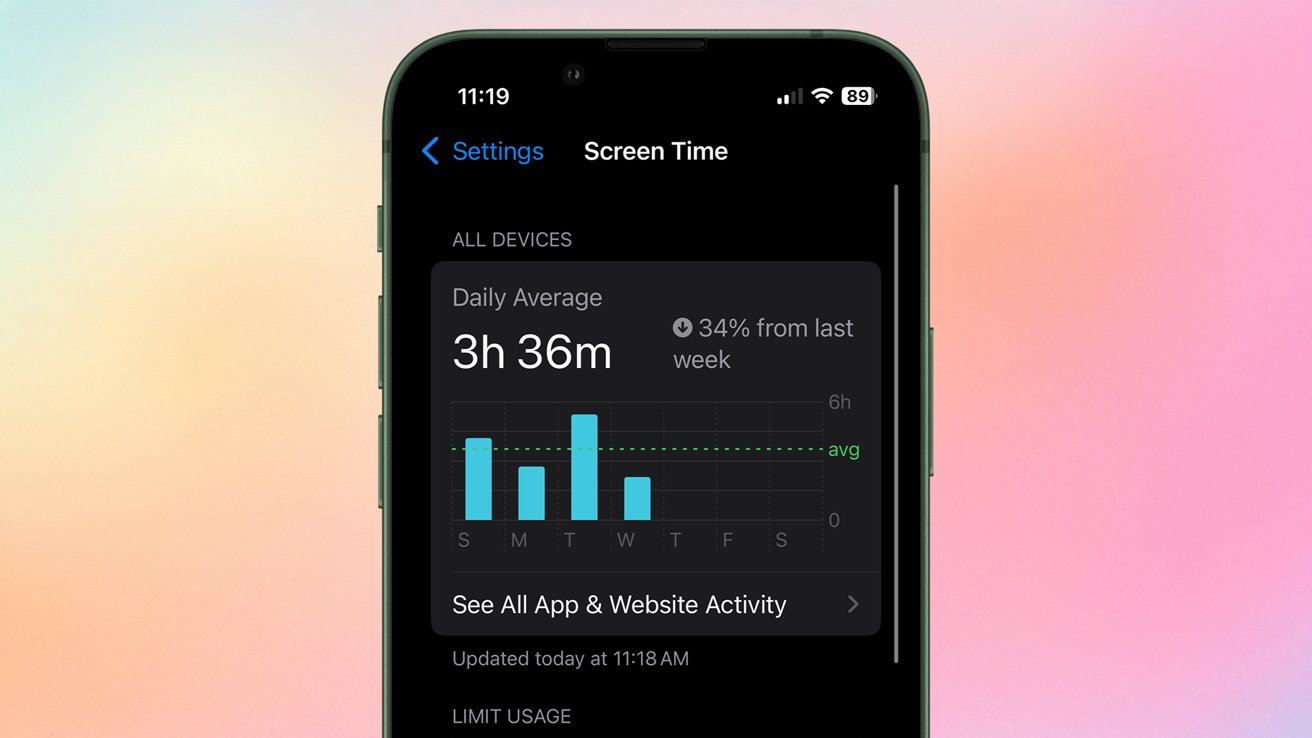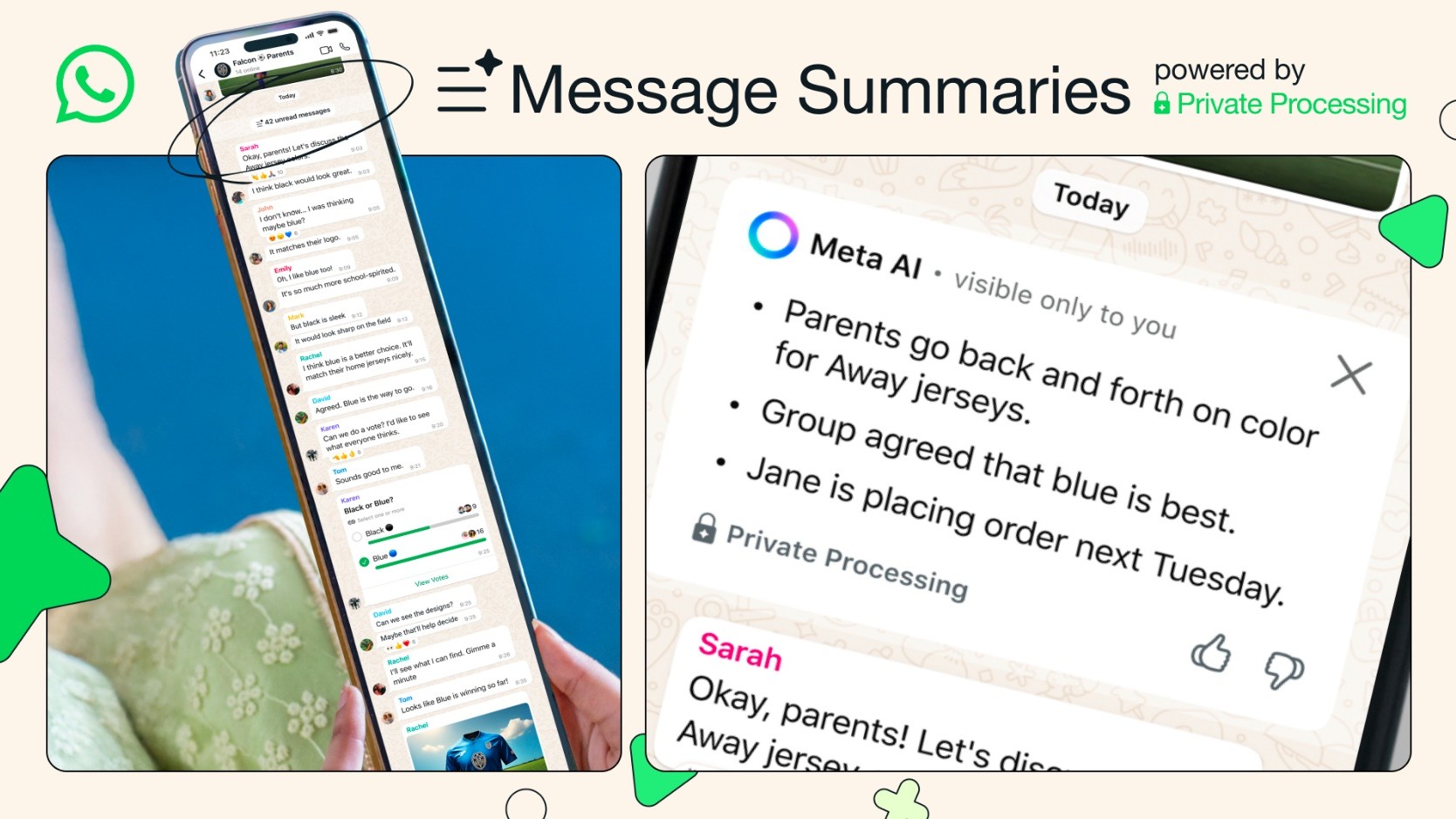Build a CLI Emoji Picker with fzf and Nix
In my blog post yesterday, I mentioned fzf. Its simplicity and power make it a good tool for many scripting tasks. In this post, we will see a practical example of how to use it in a CLI program and package it with Nix. fzf Part fzf is a "command-line fuzzy finder". But, its API offers a few features that make it a small UI framework. Let us see it in action. Our job is to create a simple CLI program that lists all GitHub Emojis, lets the user search for one and copy either the selected emoji or its :EMOJICODE: to the clipboard. I found the list of emojis in the github/gemoji repository, in particular in the following file: https://github.com/github/gemoji/blob/master/db/emoji.json To reference it below, we will assign its raw file URL to the environment variable FZF_EMOJI_DATA_FILE: export FZF_EMOJI_DATA_FILE=https://raw.githubusercontent.com/github/gemoji/0eca75db9301421efc8710baf7a7576793ae452a/db/emoji.json It looks like this: $ curl -sSL "${FZF_EMOJI_DATA_FILE}" | jq . | head -n 15 [ { "emoji": "

In my blog post yesterday, I mentioned fzf. Its simplicity and power make it a good tool for many scripting tasks. In this post, we will see a practical example of how to use it in a CLI program and package it with Nix.
fzf Part
fzf is a "command-line fuzzy finder". But, its API offers a few features that make it a small UI framework.
Let us see it in action.
Our job is to create a simple CLI program that lists all GitHub Emojis, lets the user search for one and copy either the selected emoji or its :EMOJICODE: to the clipboard.
I found the list of emojis in the github/gemoji repository, in particular in the following file:
https://github.com/github/gemoji/blob/master/db/emoji.json
To reference it below, we will assign its raw file URL to the environment variable FZF_EMOJI_DATA_FILE:
export FZF_EMOJI_DATA_FILE=https://raw.githubusercontent.com/github/gemoji/0eca75db9301421efc8710baf7a7576793ae452a/db/emoji.json
It looks like this:
$ curl -sSL "${FZF_EMOJI_DATA_FILE}" | jq . | head -n 15
[
{
"emoji": " 












































































































































































![[The AI Show Episode 156]: AI Answers - Data Privacy, AI Roadmaps, Regulated Industries, Selling AI to the C-Suite & Change Management](https://www.marketingaiinstitute.com/hubfs/ep%20156%20cover.png)
![[The AI Show Episode 155]: The New Jobs AI Will Create, Amazon CEO: AI Will Cut Jobs, Your Brain on ChatGPT, Possible OpenAI-Microsoft Breakup & Veo 3 IP Issues](https://www.marketingaiinstitute.com/hubfs/ep%20155%20cover.png)




































































































































































































































































_incamerastock_Alamy.jpg?width=1280&auto=webp&quality=80&disable=upscale#)
_Brain_light_Alamy.jpg?width=1280&auto=webp&quality=80&disable=upscale#)






























































































![Senators reintroduce App Store bill to rein in ‘gatekeeper power in the app economy’ [U]](https://i0.wp.com/9to5mac.com/wp-content/uploads/sites/6/2025/06/app-store-senate.jpg?resize=1200%2C628&quality=82&strip=all&ssl=1)























































































